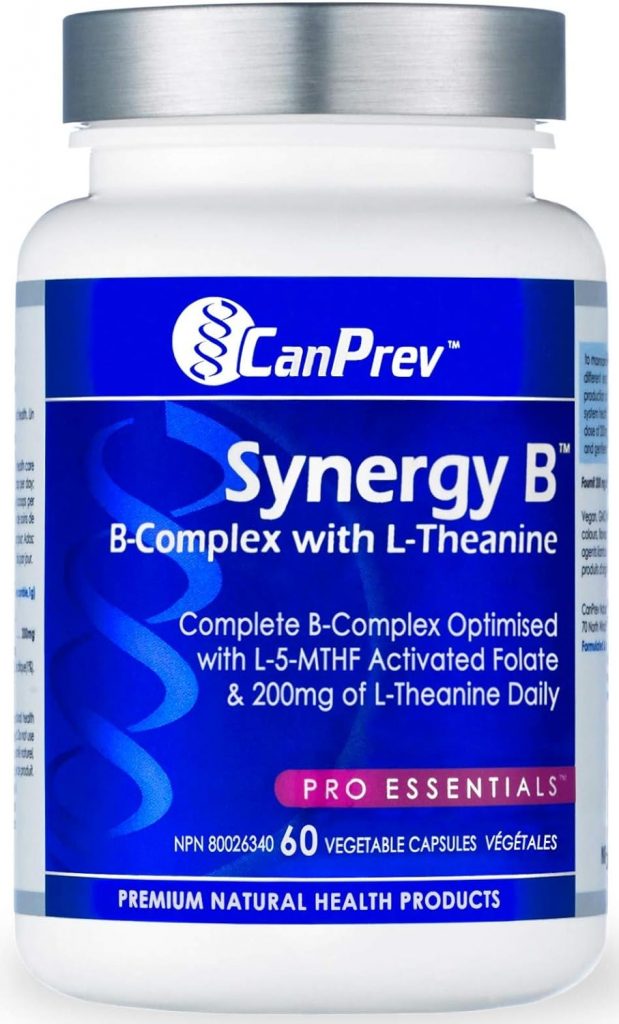
Introduction to Vitamin B and B-Complex Supplements
Vitamin B plays a pivotal role in maintaining good health and well-being. As the building blocks of a healthy body, B vitamins have a direct impact on your energy levels, brain function, and cell metabolism. Vitamin B-complex supplements include all eight B vitamins:
B1 (Thiamine)
B2 (Riboflavin)
B3 (Niacin)
B5 (Pantothenic acid)
B6 (Pyridoxine)
B7 (Biotin)
B9 (Folate)
B12 (Cobalamin)
These vitamins are essential for converting our food into fuel, allowing us to stay energized throughout the day. Moreover, they help in promoting healthy skin and hair, reducing stress and improving memory, among other benefits.
The Role of Each B Vitamin
B1 (Thiamine) helps the body make new cells and is often called an anti-stress vitamin because of its ability to protect the immune system.
B2 (Riboflavin) is an antioxidant that helps to fight free radicals (particles in the body that harm cells) and may prevent early aging and the development of heart disease. Riboflavin is also important for red blood cell production, which is necessary for transporting oxygen throughout the body.
B3 (Niacin) boosts HDL cholesterol (the good cholesterol) and lowers triglycerides. Niacin also plays a part in cell signaling and repairing DNA, in addition to acting as an antioxidant.
B5 (Pantothenic acid) is necessary for making blood cells, and it helps you convert the food you eat into energy.
B6 (Pyridoxine) is involved in amino acid metabolism, red blood cell production, and the creation of neurotransmitters.
B7 (Biotin) is essential for healthy hair, nails, and nerve function.
B9 (Folate) is needed for making DNA and RNA and metabolizing amino acids, which are essential for cell division.
B12 (Cobalamin) is required for neurological function, DNA production, and red blood cell development.
Benefits of a B-Complex Supplement
Taking a B-complex supplement can offer a range of health benefits, including:
Increased Energy Production: A common benefit of B complex supplements is increased energy. Since these vitamins are crucial for converting food into energy, a deficiency in them can lead to fatigue.
Improved Mood and Cognitive Function: Several B vitamins, including B12, B6, and B9, are known for their role in improving mood and cognitive function. They do this by influencing the production of neurotransmitters in the brain.
Heart Health: Vitamins B6, B12, and B9 play a role in reducing homocysteine levels, which can be a major risk factor for heart diseases.
Healthy Skin and Hair: B vitamins are also important for maintaining the health of our skin and hair, with vitamins B3, B7, and B5 playing key roles in this aspect.
How to Incorporate B Vitamins into Your Diet
While B-complex supplements are an easy way to get the recommended amounts of B vitamins, it’s also possible to increase your intake through diet. Foods rich in B vitamins include:
Whole grains (brown rice, barley, millet)
Meat (red meat, poultry, fish)
Eggs and dairy products
Legumes (beans, lentils)
Seeds and nuts
Dark, leafy vegetables (spinach, kale)
Fruits (citrus fruits, avocados, bananas)
Conclusion and Recommendations
Vitamin B and B-complex supplements offer a range of health benefits that can significantly impact your energy levels, brain function, and cellular metabolism. However, it’s important to consult with a healthcare provider before starting any new supplement, especially if you are pregnant, nursing, or have existing health conditions. By combining a balanced diet rich in B vitamins with the right supplementation, you can ensure your body receives all the nutrients it needs to function optimally.
Incorporating a B-complex supplement into your daily routine can be a simple yet effective way to improve your overall health and wellbeing. Remember, the key to reaping these benefits is consistency and ensuring you’re getting a balanced mix of these essential vitamins.













